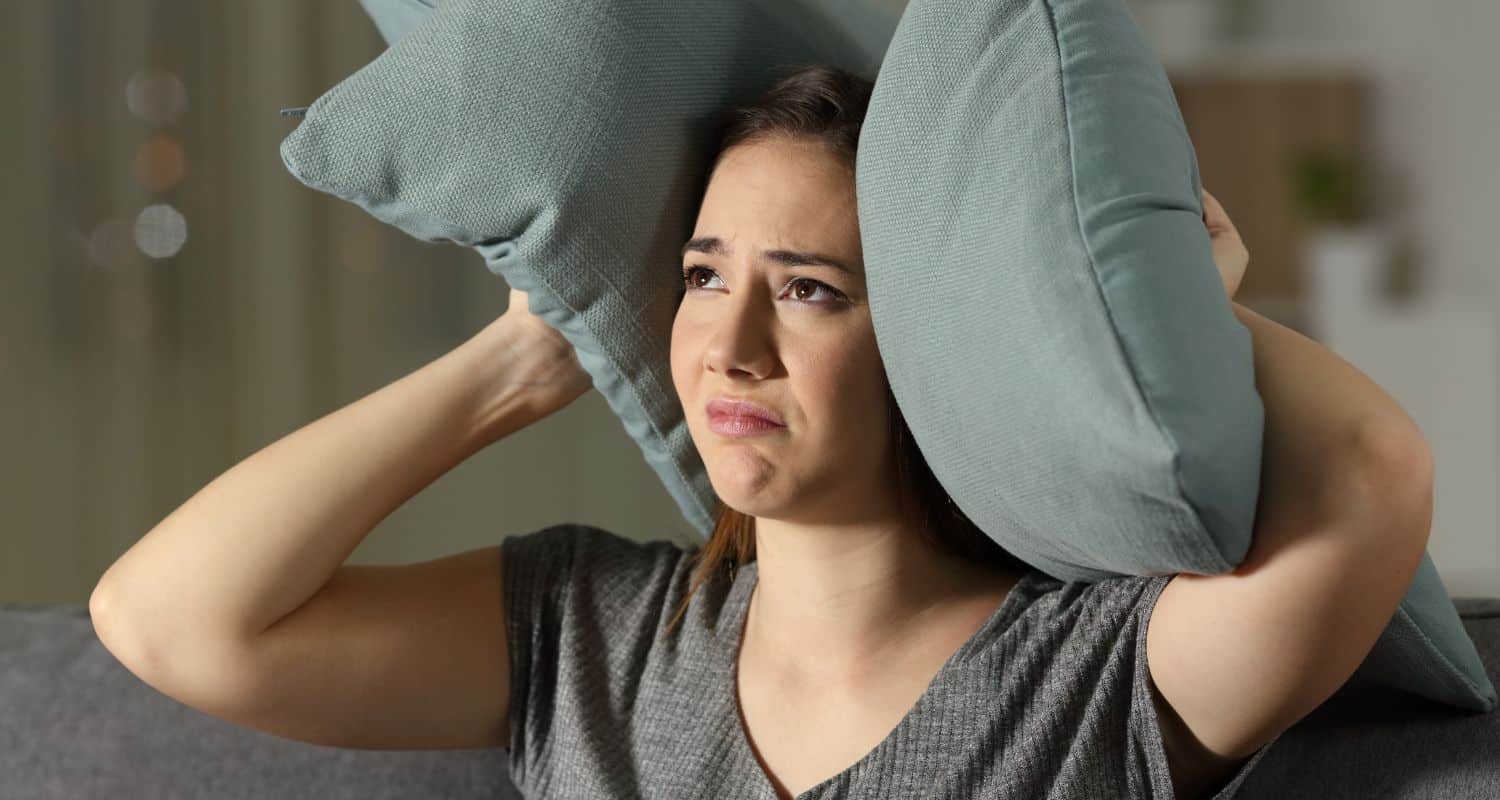
We’ve likely all heard the warnings about loud noises impacting your hearing later in life, however, there are new reports that suggest there are other impacts noise can have on a person’s health. We will examine both of these effects of noise exposure below. First let’s look at the impact of noise itself on various aspects of our health and second, the role that hearing impairment can play in our health.
How Surrounding Noise Impacts Health
Recent studies have looked into the impacts of environmental noise on different health outcomes. It’s important to note that many of these studies make the connection between noise exposure and stress.
Environmental noises can include but are not limited to traffic noise (both road and rail), aircraft, and even what they classify as leisure noise. These background noises have been linked to the conditions listed below:
- Increase in abdominal obesity
- Coronary heart disease
- Hypertension (high blood pressure)
- Sleep Disturbance
- Children’s learning
- Hearing Impairment
Recognizing noise exposure includes being able to both identify and measure your surrounding sounds. The World Health Organization, WHO, has noise guidelines that can assist in this process. Understanding your noise exposure is a vital step in controlling its impact on your health.
How Hearing Impairment Impacts Health
There are three types of hearing loss, and these are categorized by their cause. Sensorineural hearing loss occurs in the inner ear, conductive hearing loss occurs in the middle or outer ear, and mixed hearing loss is a combination of the two. Conductive hearing loss is usually caused by an obstruction of some kind, whereas sensorineural hearing loss can be caused by age, disease, medications, or trauma.
Noise exposure falls under the sensorineural type of hearing loss. It can happen suddenly or gradually over time, however, it is generally considered a permanent type of hearing loss.
Those suffering from hearing loss have reported feeling increased levels of isolation in their everyday lives. Difficulty hearing and understanding the people around you can lead to a specific type of loneliness, even when you are surrounded by family and friends. These mental health challenges are one of the major negative health outcomes of hearing impairment.
Hearing impairment has also been associated with balance and orientation issues. As we age, balance becomes more important, and a fall can be devastating.
While treatment for hearing loss, usually in the form of hearing aids, is possible, it does not prevent the user from continuing to experience isolation and balance issues. Additionally, hearing impairment does not reduce the risk of further noise exposure and other health outcomes.
Prevention and Treatment
Reducing your surrounding noise exposure may not be as simple as it seems. For example, city noise including traffic sounds is hard to avoid when you live and work in a city. Also, depending on your profession, there may be a greater risk of noise exposure at your job, which is difficult to control. So while it may not be possible to avoid these surrounding sounds altogether, it is possible to reduce them.
One option is to wear noise-canceling headphones while walking or commuting on public transportation. While these help reduce background noise, it is important to stay alert to your surroundings when using them. When at home, using earplugs while sleeping can make for a more restful sleep. Again, make sure that you are being safe if using earplugs and can continue to hear loud noises such as smoke alarms.
The treatment for mild, moderate, and even sometimes severe hearing loss is usually hearing aids. To determine the best course of treatment, a hearing health provider will ask to review your past medical history, signs, and symptoms you are experiencing and then perform a hearing test.
Using hearing aids is oftentimes a major life adjustment. They do not “fix” hearing in the way that glasses might “fix” your eyesight. Hearing aids require an adjustment period with active compliance and commitment in order to gain all the benefits of their use.
Ultimately, noise exposure has a major impact on your health, with or without hearing impairment. Contact us to better understand your risks and how to avoid hearing loss as well as how to treat hearing loss that has already occurred. We’re here to help!
